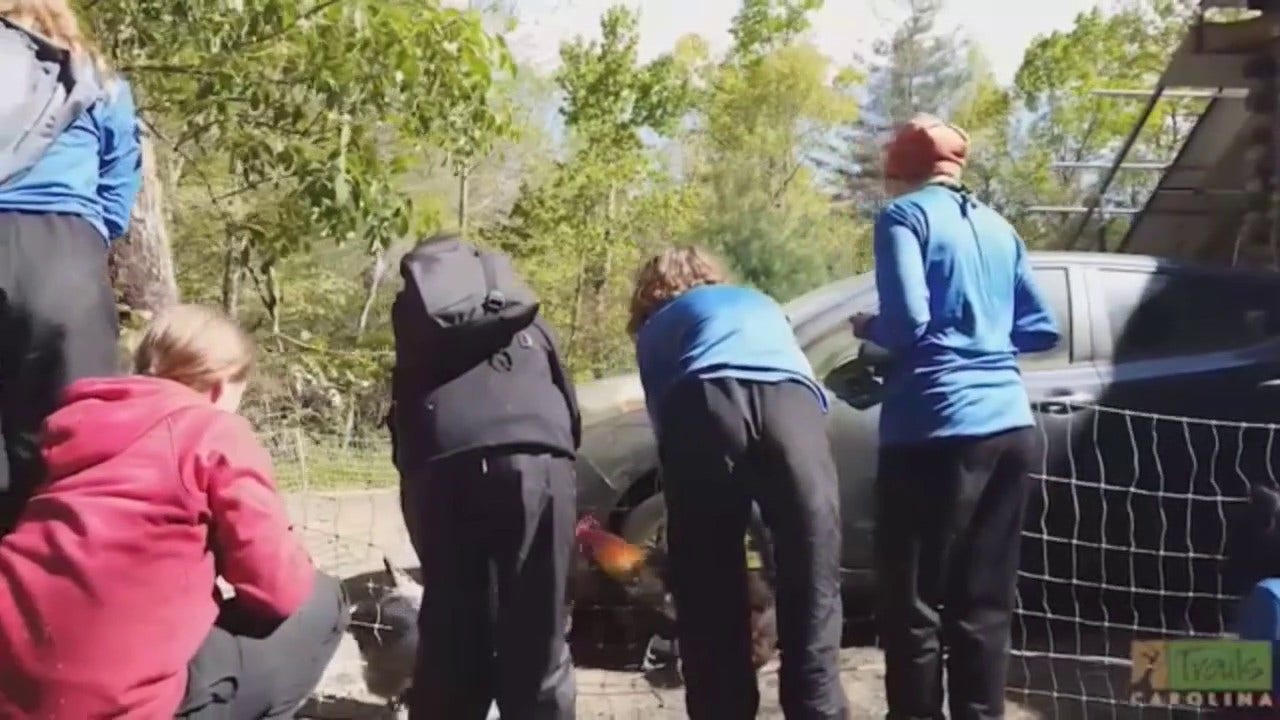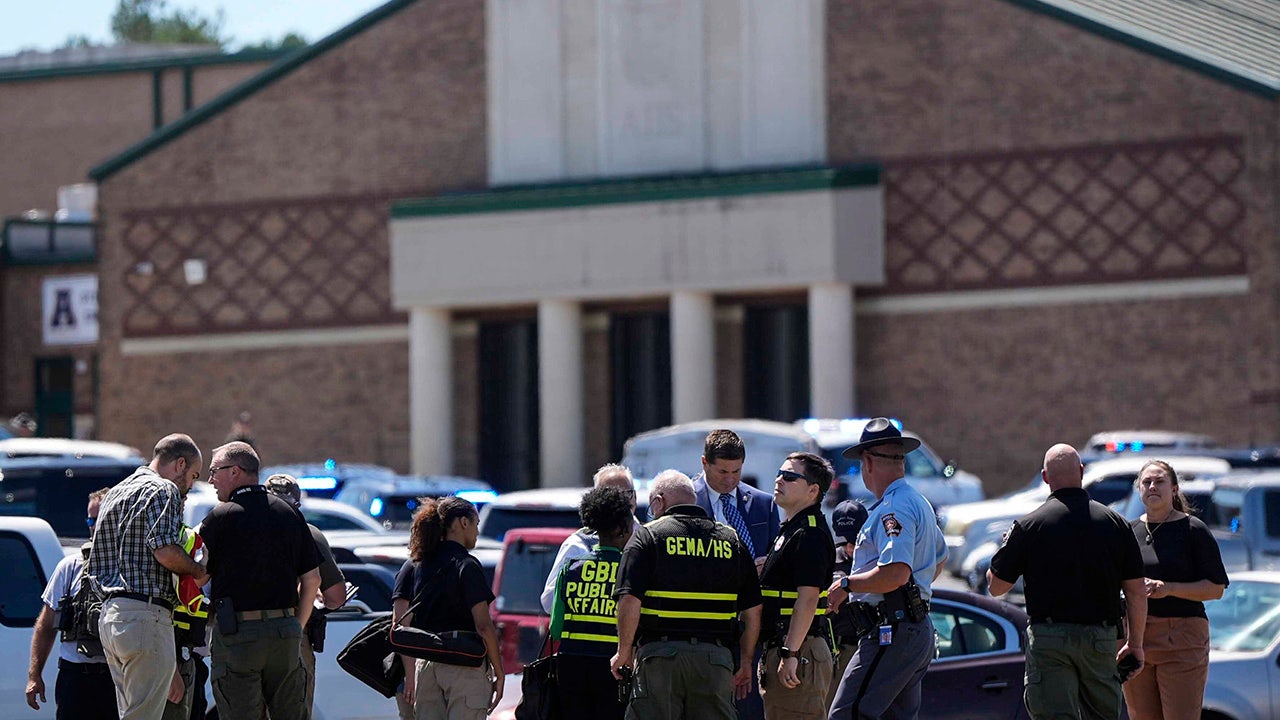Inside a warming shelter, Laura Gutowski detailed how her life had changed since she became homeless two and a half years ago in Grants Pass, a former timber hub in the foothills of southern Oregon.
Her husband’s death left her without steady income. She lived in a sedan, and then in a tent, in sight of the elementary school where her son was once a student. She constantly scrambled to move her belongings to avoid racking up more fines from the police.
“I never expected it to come to this,” said Ms. Gutowski, 55. She is one of several hundred homeless people in this city of about 40,000 that is at the center of a major case before the Supreme Court on Monday with broad ramifications for the nationwide struggle with homelessness.
After Grants Pass stepped up enforcement of local ordinances that banned sleeping and camping in public spaces by ticketing, fining and jailing homeless people, lower courts ruled that it amounted to “cruel and unusual punishment” by penalizing people who had nowhere else to go.
Many states and cities that are increasingly overwhelmed by homelessness are hoping the Supreme Court overturns that decision — or severely limits it. They argue that it has crippled their efforts to address sprawling encampments, rampant public drug use and fearful constituents who say they cannot safely use public spaces.
That prospect has alarmed homeless people and their advocates, who contend that a ruling against them would lead cities to fall back on jails, instead of solutions like affordable housing and social services.
The case highlights the fierce divide over the thorny issue of how to regulate homelessness.
Theane Evangelis, a lawyer representing Grants Pass, said the Supreme Court’s decision would reverberate widely. If it does not overturn the lower-court decision, she said, cities around the United States “would find their hands tied just like Grants Pass, and the problem of growing encampments will spread throughout the country.”
Ed Johnson, a lawyer for the Oregon Law Center, a nonprofit legal aid group, who represents the homeless residents, said a ruling against them would strip them of their few protections. “Can a city make it illegal on every inch of city land, every minute of the day, for people to live outside when they have nowhere else to go?” he said.
Homelessness across the country climbed to the highest total on record last year, increasing by 12 percent to more than 650,000 people, according to a count by the federal government.






